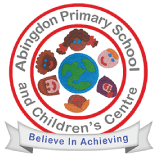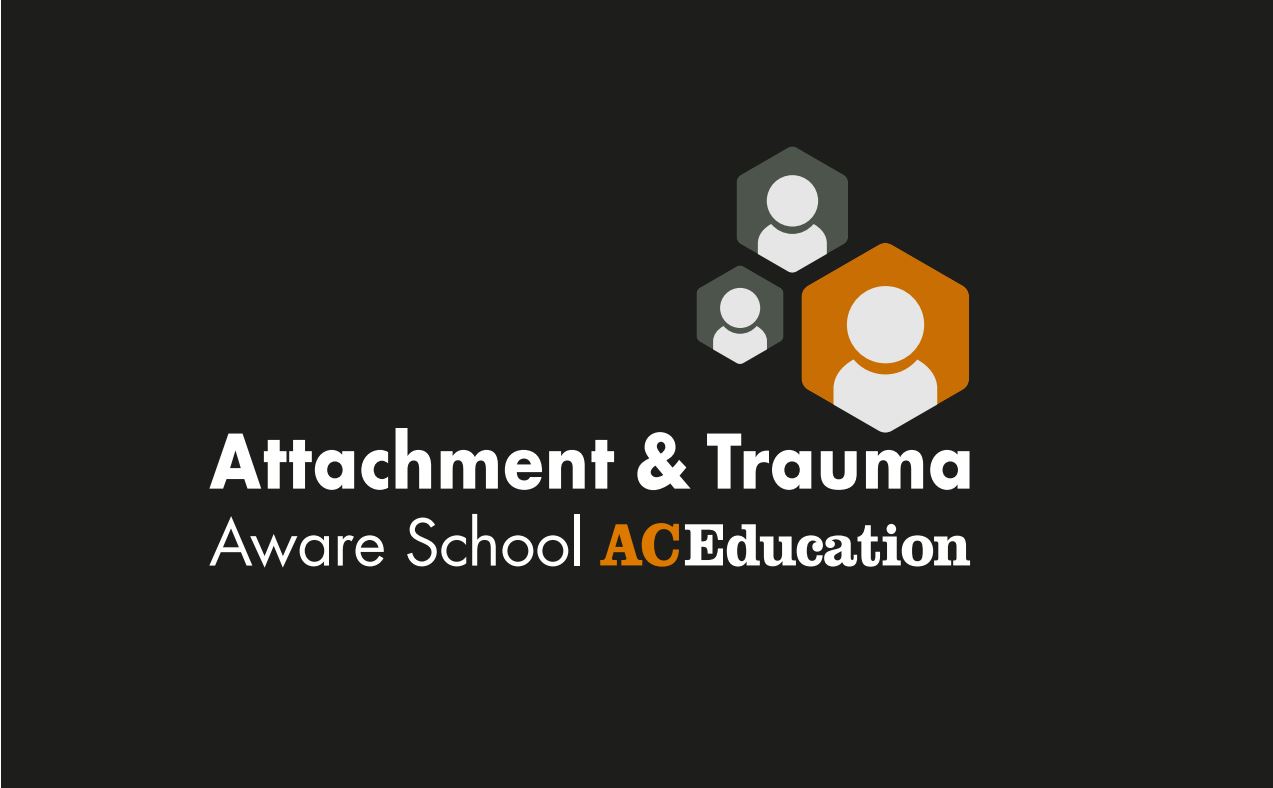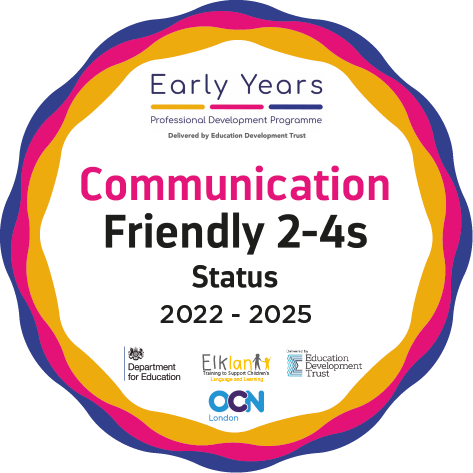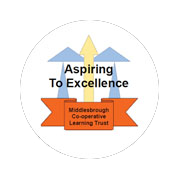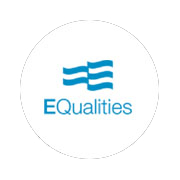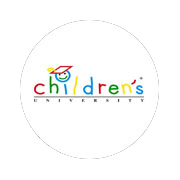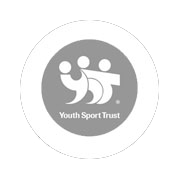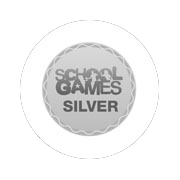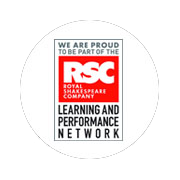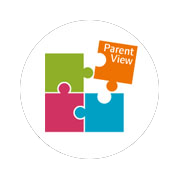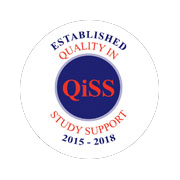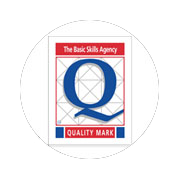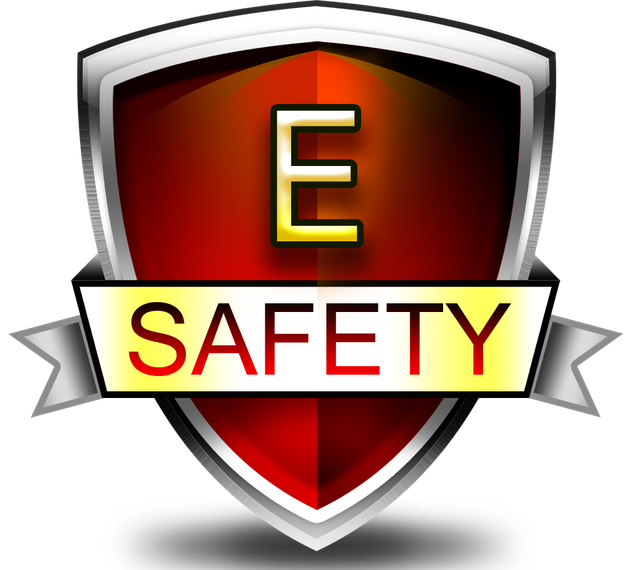
Almost all of our pupils use the Internet at home and we know that, as parents, it can be difficult to allow children the freedom to develop as responsible individuals while protecting them from the perils and pitfalls of the Internet. Increasingly, even at primary school age, younger people are conducting their social life online so parents need to provide guidance to make sure that their children behave safely and responsibly. Please help your children by following these key recommendations:
- Talk regularly with your children about their use of technology and how they communicate with people online
- Keep computers and other web-enabled devices in family rooms
What to tell your children
At school, we educate children about online safety in ICT lessons but it’s important that parents know some key online safety tips too. Please remind your children of the following:
Don’t post too much information about yourself online
Never share information like your last name, your address, your phone number or where you go to school. Any information that you post online should be treated as if it’s available to everyone. Even if you’ve restricted settings to ‘Friends Only’, the information that you have posted can always be shared or copied.
Only message or chat to people that you know in real life
There are some bad people who could pretend to be your friend. How do you know you can trust them? If someone tries to contact you, talk to your parents.
Think very carefully before posting photos
Photos can give away more information than you think: there could be something in the background that gives away where you live or a school book with your full name on it. Also, silly pictures can always be shared and this could cause embarrassment. If in doubt, check with your parents before posting pictures.
Always be friendly
If you say something unkind about someone online you could find yourself in serious trouble. Messaging on the internet is not the same as talking face to face – there is a record of what you said on the computer and it’s very difficult to take your comments back. Secondary schools suspend children who criticise staff and other pupils on Social Networks.
If something online makes you feel uncomfortable, get your parents
If somebody says something to you, sends you something, or you see something that makes you uncomfortable; get your parents straight away – they can discuss it with you and help make sure that it doesn’t happen again.
Mobile Devices (iPods, iPads, etc)
Most of our pupils have their own iPods, iPads, Android Tablets or other devices. This means they also have access to the internet including social networks, text and video chat
Consider setting Parental Restrictions
It can be more difficult for parents to monitor use of internet enabled devices such as iPods and tablet computers that can be easily carried from one room to another
Consider taking devices away at bedtime
When it’s time to sleep, an internet connected device on a bedside table can be distracting. It is very common for children to play games and message friends when they should be getting a refreshing night’s sleep.

Social Networking (Facebook, Twitter etc)
If you can, stick to age appropriate websites. Social networks like Facebook and Twitter require users to be older than 13 to have a profile, but younger children set up accounts anyway. Social networks keep children connected to friends and provide a space for self-expression but there are no guarantees of privacy: anything can be shared.
Parents must take responsibility for underage use of social networks
This is a requirement under the terms and conditions of most social networking sites
Privacy settings should, if possible, be restricted to Friends only
This may reduce the risk of information about children getting into the wrong hands. However, even posts that are restricted to Friends only can be shared or copied. Anything posted on social networks should be treated as public. Profile pictures and wallpaper will always be public.
Children should not post too much information about themselves
Social Networks encourage users to divulge as much information as possible to help match like-minded individuals, but you rarely have to provide details about yourself. Children should remain as anonymous as possible online.
Online Behaviour
All messages should be friendly and not critical of others. It can be easy to misinterpret the tone and meaning of on-screen communications and children, in particular, should always check messages before hitting the send button.
Issues arising from upsetting communications can sometimes spill over into school. Where this occurs we will work with parents and pupils to resolve the issues and reinforce the importance of appropriate behaviour.
Further Information
Disclaimer: you may wish to enable the following settings or install the additional software listed below but this is your decision and must be entirely at your own risk. The school can only provide limited support for your use of technology at home.
Filtering Searches
https://www.youtube.com/watch?v=Q4s-uo1CoUw#action=share
Enabling Parental Controls
- Microsoft Windows: Family Settings
- Apple OS X: Parental Controls
- Apple iPad, iPod Touch and iPhone: Enable Restrictions


